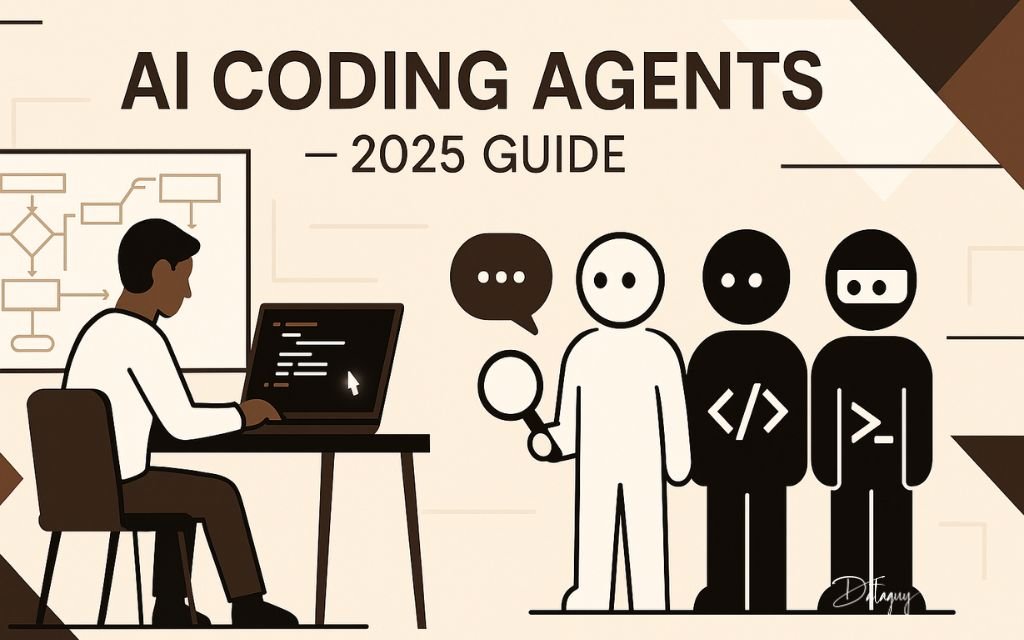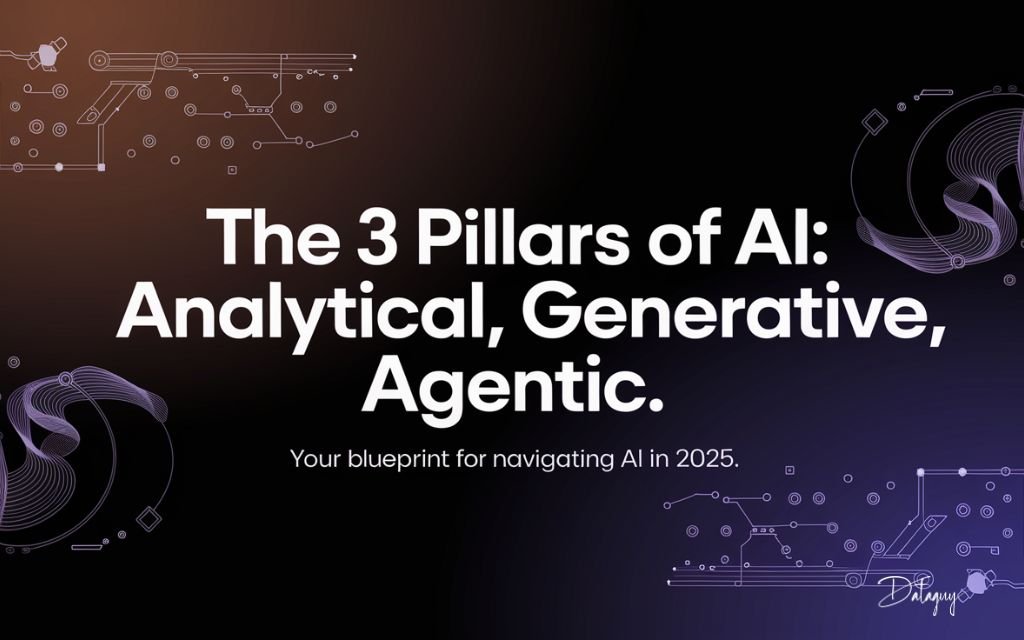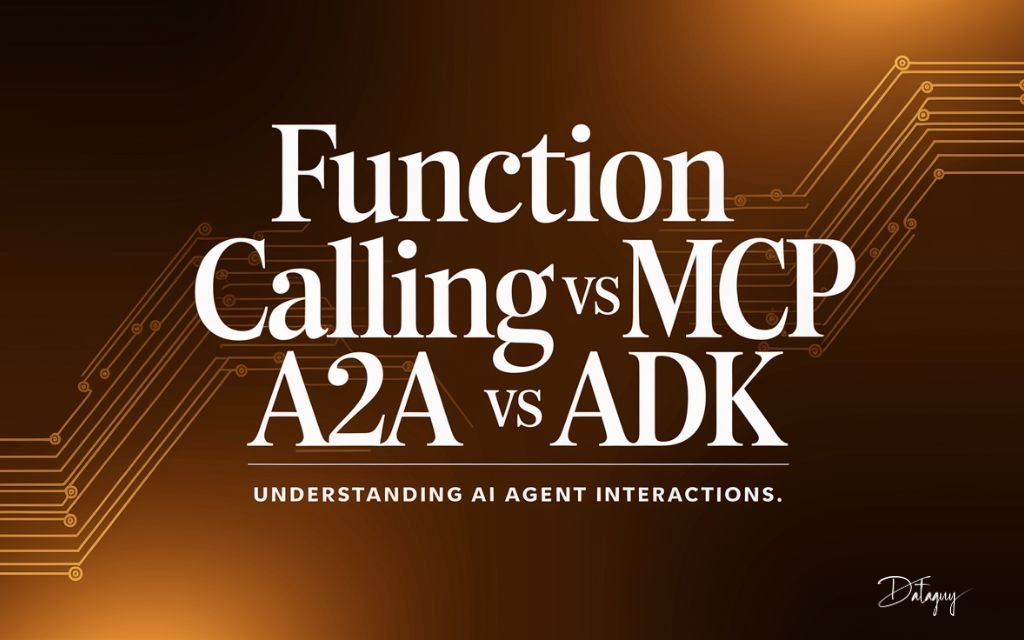The Rise of Vibe Coding: 2025’s Smartest AI Dev Tools
Vibe coding isn’t a trend—it’s a movement. This deep-dive reveals the AI agents shaping the future of creative, intuitive software development in 2025.
The Rise of Vibe Coding: 2025’s Smartest AI Dev Tools Read More »






